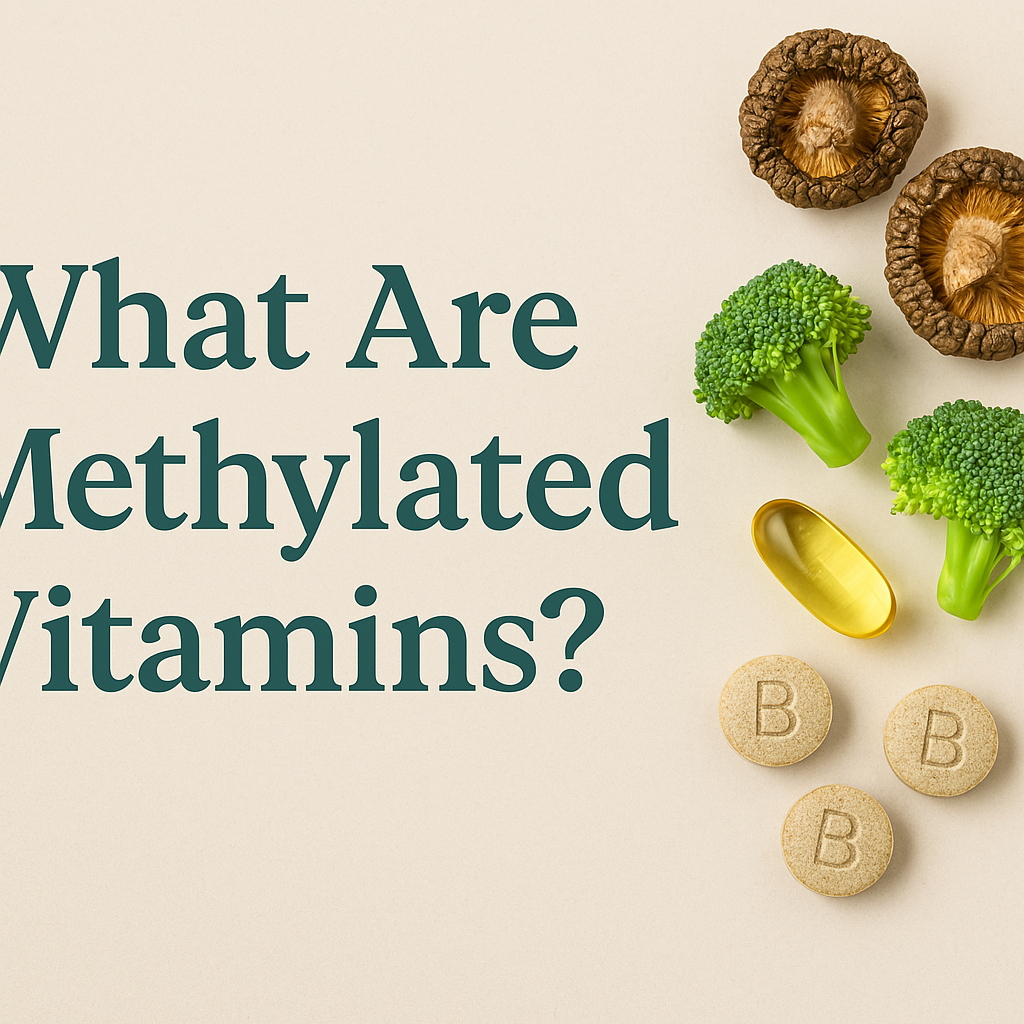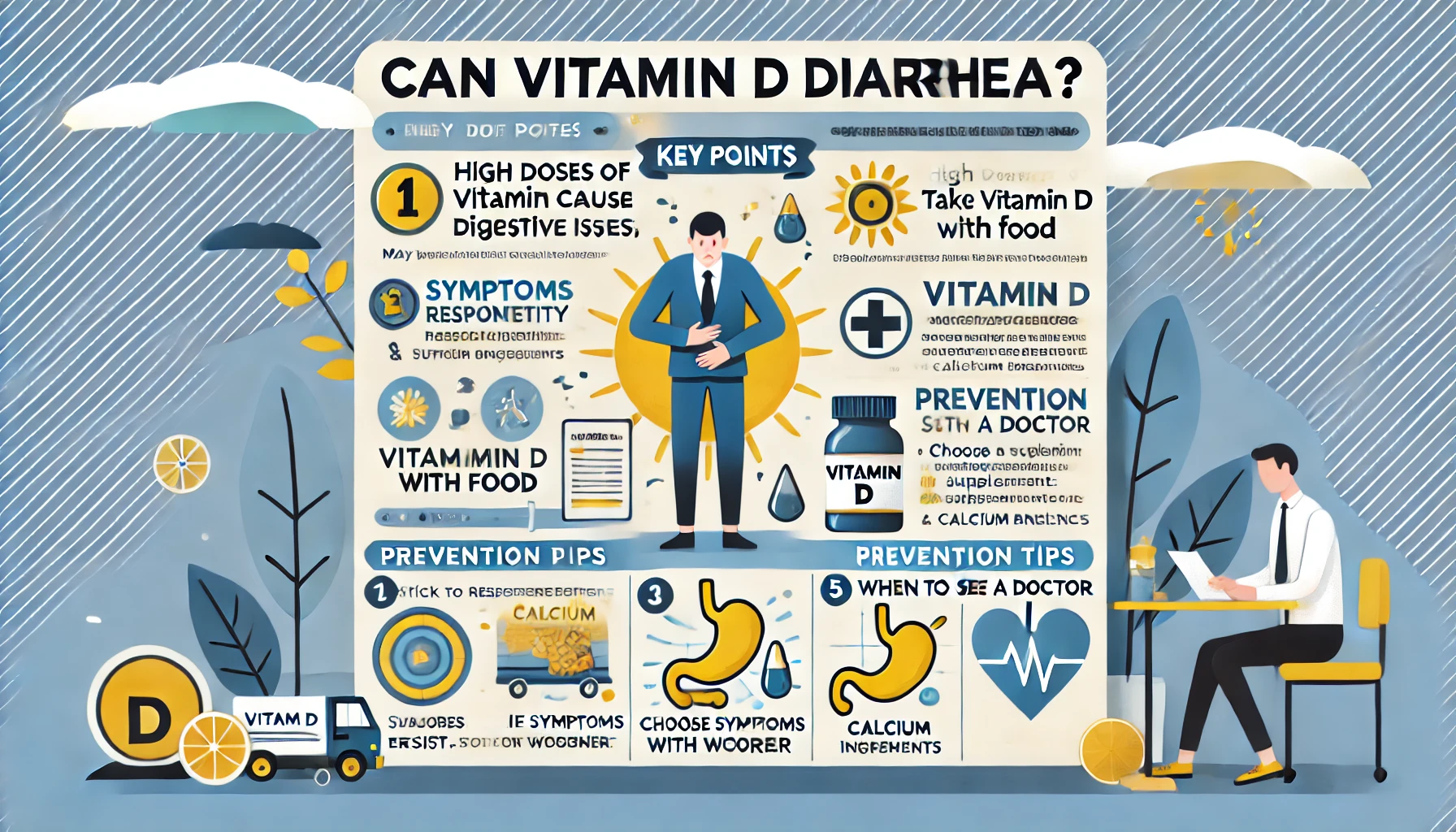
Zepbound Diet Plan Pdf – A Guide to Optimizing Your Weight Loss Journey!
April 1, 2025
Roam Diet Recipes – Delicious & Easy Meal Ideas!
April 3, 2025Methylated vitamins have gained popularity in the health and wellness world, but many people are still unsure what they are and how they differ from regular vitamins. If you’ve ever wondered whether methylated vitamins are right for you, this guide will break it all down.
In this article, I’ll explain:
✅ What methylated vitamins are
✅ Why they are important for the body
✅ Who might benefit from them
✅ Best food sources and supplements
Let’s dive in!
Understanding Methylated Vitamins
What Does “Methylated” Mean?
Methylation is a biochemical process in the body that helps with:
✔ DNA repair
✔ Detoxification
✔ Brain function and mood regulation
✔ Energy production
For vitamins, “methylated” means that they are in an active form that the body can easily absorb and use. Some people have genetic variations (such as the MTHFR mutation) that make it harder for their bodies to convert regular vitamins into their active forms. Methylated vitamins bypass this issue and are readily available for the body to use.
Why Are Methylated Vitamins Important?

Vitamins need to be in their active form to support various bodily functions. Some people’s bodies struggle to convert synthetic or non-methylated vitamins into usable nutrients. This can lead to nutrient deficiencies, even if they eat a healthy diet or take supplements.
Methylated vitamins are especially important for:
✔ People with the MTHFR gene mutation – They cannot process regular folic acid properly.
✔ Those with mood disorders – Methylation plays a key role in serotonin and dopamine production, which affects mood and mental health.
✔ Individuals with chronic fatigue – Proper methylation helps in energy production.
✔ Pregnant women – Methylated folate (L-methylfolate) is essential for preventing birth defects.
By choosing methylated vitamins, these individuals can ensure proper absorption and avoid potential deficiencies.
Types of Methylated Vitamins
There are several key methylated vitamins, each playing a crucial role in overall health:
1. Methylated Folate (L-Methylfolate or 5-MTHF)
🔹 The active form of folic acid (vitamin B9)
🔹 Essential for DNA production, brain health, and pregnancy
🔹 Supports red blood cell formation and prevents anemia
Why it matters: Many people with an MTHFR gene mutation cannot convert folic acid into its usable form, making methylated folate a better choice.
2. Methylcobalamin (Methylated B12)
🔹 The active form of vitamin B12
🔹 Supports nerve function, brain health, and energy production
🔹 Helps produce red blood cells and prevent anemia
Why it matters: People with low stomach acid, digestive issues, or vegan diets may struggle to absorb non-methylated B12. Methylcobalamin is more bioavailable.
3. Riboflavin-5-Phosphate (Methylated B2)
🔹 The active form of vitamin B2 (riboflavin)
🔹 Supports energy metabolism and detoxification
🔹 Helps with migraine prevention and adrenal function
Why it matters: This form is better absorbed and used by the body compared to regular riboflavin.
4. Pyridoxal-5-Phosphate (Methylated B6)
🔹 The active form of vitamin B6
🔹 Supports brain function, mood regulation, and immune health
🔹 Helps in protein metabolism and neurotransmitter production
Why it matters: Some people have trouble converting regular B6 into its active form, leading to symptoms like fatigue, mood swings, and inflammation.
Who Should Take Methylated Vitamins?
Methylated vitamins are beneficial for everyone, but they are especially important for:
✔ People with the MTHFR gene mutation – Since their bodies cannot properly process synthetic folic acid, they need the methylated form.
✔ Individuals with fatigue or brain fog – Methylated vitamins help with energy production and mental clarity.
✔ Pregnant women or those trying to conceive – Methylated folate reduces the risk of birth defects and supports fetal development.
✔ Those with mood disorders or anxiety – Proper methylation supports neurotransmitter production, which regulates mood.
✔ Vegetarians and vegans – They may lack sufficient B12, and methylated B12 is easier to absorb.
If you’re unsure whether you need methylated vitamins, you can take an MTHFR genetic test or consult your doctor for advice.
Food Sources of Methylated Vitamins
If you want to get methylated vitamins naturally, focus on whole foods rich in their active forms:
🥦 Methylated Folate (B9) – Leafy greens (spinach, kale, romaine), lentils, avocados, asparagus
🥩 Methylcobalamin (B12) – Grass-fed beef, wild-caught fish, eggs, dairy products
🐟 Riboflavin-5-Phosphate (B2) – Salmon, almonds, eggs, mushrooms
🐔 Pyridoxal-5-Phosphate (B6) – Chicken, turkey, bananas, sunflower seeds
For people with absorption issues or dietary restrictions, supplements may be necessary.
Also Read: Can You Take Vitamins On A Plane – A Complete Travel Guide!
Best Methylated Vitamin Supplements
When choosing a methylated vitamin supplement, look for high-quality products without artificial fillers or additives. Here are some top-rated options:
✅ Methylated B-Complex – Includes all essential methylated B vitamins
✅ L-Methylfolate (5-MTHF) – The best alternative to synthetic folic acid
✅ Methylcobalamin B12 – The most absorbable form of vitamin B12
✅ Pyridoxal-5-Phosphate (P5P) – The active form of B6
Make sure to check the ingredient label to ensure you’re getting the active, methylated forms.
FAQ’s
1. What makes methylated vitamins different from regular vitamins?
Methylated vitamins are in their active form, meaning the body can absorb and use them more easily. Regular vitamins need to be converted into an active form, which some people (especially those with the MTHFR gene mutation) struggle to do efficiently.
2. Who needs methylated vitamins the most?
People with the MTHFR gene mutation, those experiencing fatigue, mood disorders, brain fog, or poor nutrient absorption, and pregnant women may benefit from methylated vitamins since their bodies may not efficiently convert standard vitamins into usable forms.
3. Can I get methylated vitamins from food?
Yes! Some foods naturally contain methylated vitamins, such as leafy greens (for methylated folate), grass-fed meat (for methylated B12), eggs, fish, and nuts. However, people with absorption issues may still need supplements.
4. Are methylated vitamins safe to take daily?
Yes, methylated vitamins are safe for most people when taken in the recommended dosage. However, excessive intake may cause side effects like headaches, anxiety, or overstimulation, especially with methylated B12. It’s best to consult a healthcare provider before starting them.
5. How do I know if I should take methylated vitamins?
If you experience chronic fatigue, anxiety, brain fog, or digestive issues, or if you have a known MTHFR gene mutation, methylated vitamins may help. A blood test or genetic test can confirm if your body struggles to process regular vitamins.
Conclusion: Should You Take Methylated Vitamins?
Methylated vitamins are a great choice for people who have trouble absorbing regular vitamins, especially those with the MTHFR gene mutation, fatigue, or mood disorders. Since these vitamins are already in their active form, the body can use them more easily. They help with energy, brain function, and detoxification, making them beneficial for people with nutrient deficiencies, pregnancy, or chronic tiredness. You can get them from whole foods or high-quality supplements. If you’re unsure whether you need them, it’s best to consult a healthcare professional. Choosing methylated vitamins can help improve your health and well-being while ensuring your body gets essential nutrients.





